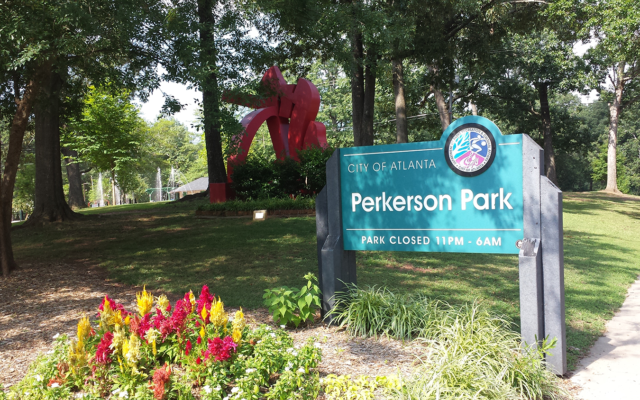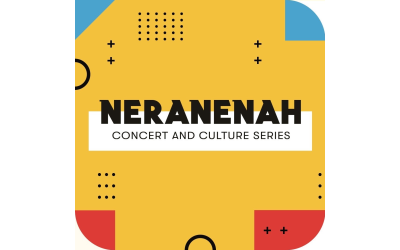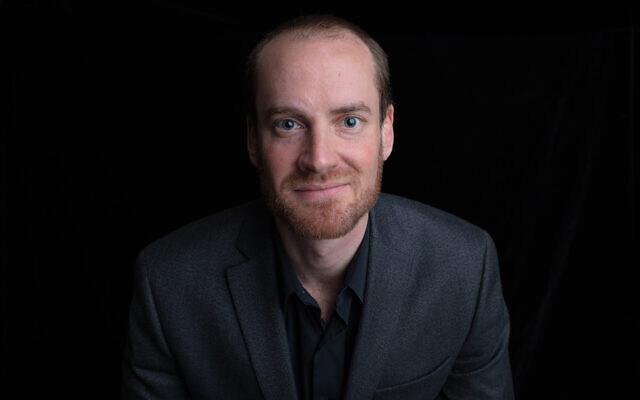The Innovation Edit
The manager of Federation Innovation shares how we can reimagine old ideas in an innovative way to instill modern relevance.
Innovation is defined as a new product, method or idea. I like this broad definition as I prefer labelling to be as inclusive as possible. And as the innovation manager of Jewish Federation of Greater Atlanta, we receive a wide range of new products, methods and ideas that aim to positively impact and transform the lives of Jewish Atlanta. Having an inclusive label for innovation gives us the space to reimagine solutions to the widest range of challenges from young adult engagement (Moishe House, OneTable, Trybal Gatherings) to social justice (Be’chol Lashon, Repair the World) and health/wellness (The Blue Dove Foundation, Jewish Fertility Foundation).
Recently, I was convinced that innovation is also the removal or edit of an old idea. In order for a new thing to take hold, something old may need to make space, whether that’s taking a step back or being pushed aside. In this way, thanking something for the role it has historically played and gracefully saying goodbye can be a critical first step in the innovation life cycle. And we’ve seen this dynamic play out twice this month in Jewish Atlanta.
This year’s high holidays were unlike any other in modern history. Houses of worship gathered online for virtual services and/or held smaller, socially distanced, in-person prayer services spaced throughout the day. Some congregants and community members leaned into the new normal because they desired connection and the old way was simply not possible, given the health risks associated with large crowds and singing.

Other people, like myself, chose to adopt new traditions during the high holidays to find meaningful moments in and around our homes. For the Days of Awe, I spent 30 minutes each day “forest bathing” in Perkerson Park to slow down, observe my surroundings, contemplate my purpose, and provide a space, both physically and mentally, for reflection. This practice provided me inspiration and renewal, two values that I seek in a traditional high holiday experience. And there is no way I would have taken such an innovative approach if I didn’t first discard my traditional way of high holiday participation.
This first example is an innovation by forced rejection of the old way. Most, if not all clergy and synagogue leadership would have preferred to have no pandemic and to hold in-person services just like the decades of high holidays before 5781. I too would have preferred a “normal” high holiday ritual flow, but that was simply not possible. However, it is possible to choose to have an innovation edit, and in some ways that can be even more powerful. We recently witnessed that with the Atlanta Jewish Music Festival.
I founded AJMF in 2009 with the support of a dozen community volunteers, and in the summer of 2018, I passed the mic to my successor Joe Alterman. As a native Atlantan and jazz pianist, Alterman was inspired by our mission and the community we had built. But he wasn’t thrilled with the name; Atlanta Jewish Music Festival was too confusing (with its sibling Atlanta Jewish Film Festival), too verbose (4 words, 10 syllables!) and not “cool” enough. So, before he knew what the new name would be, he was ready to move on from the past. He had taken the first step in the innovation life cycle.

I’m extremely excited to see where he, his team, and 3 Owl – the branding firm that helped reimagine this nonprofit – landed with Neranenah, the new name for AJMF. This new moniker addresses Alterman’s initial concerns with AJMF and also opens new doors to engagement inspired by other live performance arts like spoken word poetry and comedy. It’s a new idea with great promise that successfully followed the dismissal of an old idea.
As we continue to innovate because of and through this pandemic, I invite you to think about what you can push aside as much as, if not more than, what you can create. Like my virtual high holiday experience and Neranenah, new ideas can take hold because something that served its purpose before is no longer useful. Not every new idea comes at the expense of something existing, but we need to think about innovation in terms of entries and exits. This is a lesson I am applying to my work with Federation Innovation, and I will seek to inspire similar thinking in peers throughout the community.
Russell Gottschalk is the innovation manager at the Jewish Federation of Greater Atlanta.
- Russell Gottschalk
- jewish federation of greater atlanta
- jewish atlanta
- Atlanta
- Opinion
- Commentary
- Moishe House
- OneTable
- trybal gatherings
- Bechol Lashon
- Repair the World
- The Blue Dove Foundation
- Jewish Fertility Foundation
- Days of Awe
- Perkerson Park
- Joe Alterman
- Neranenah
- Atlanta Jewish Music Festival
- Atlanta Jewish Film Festival




comments